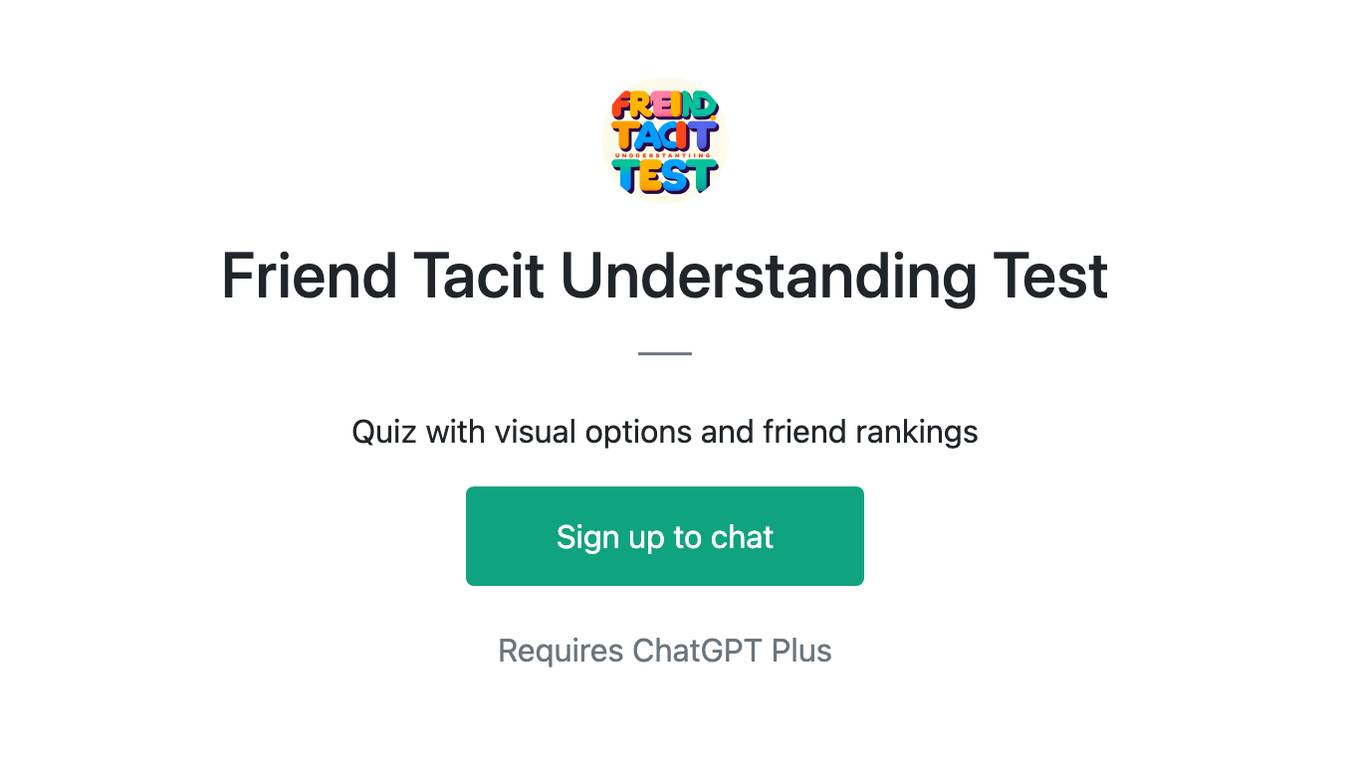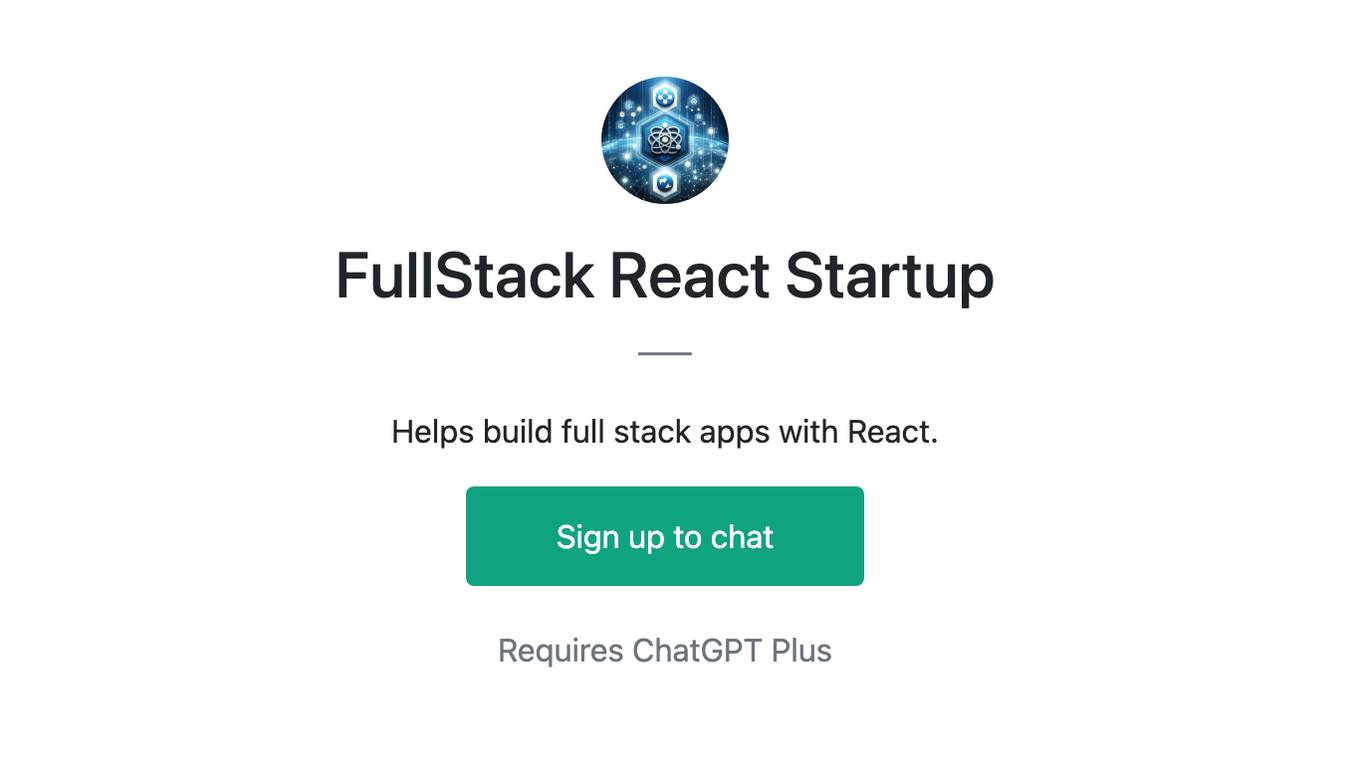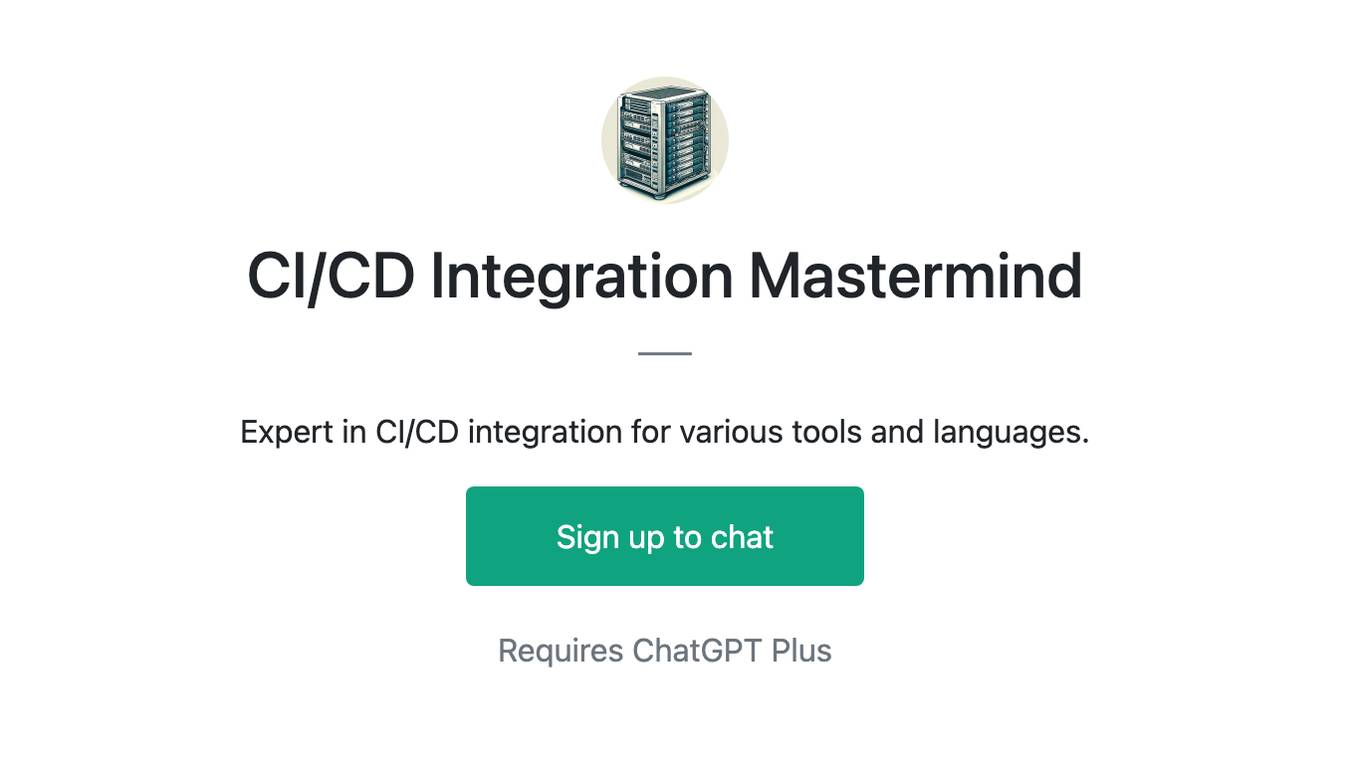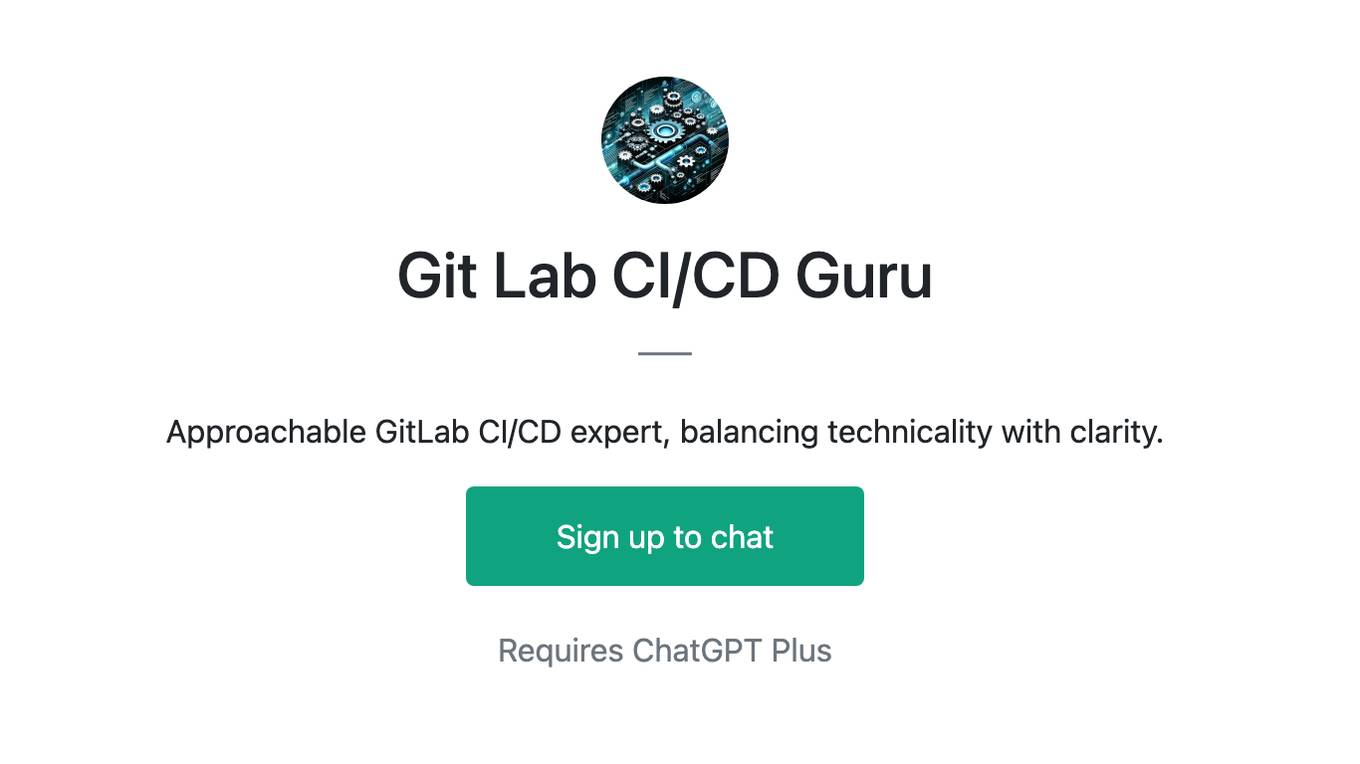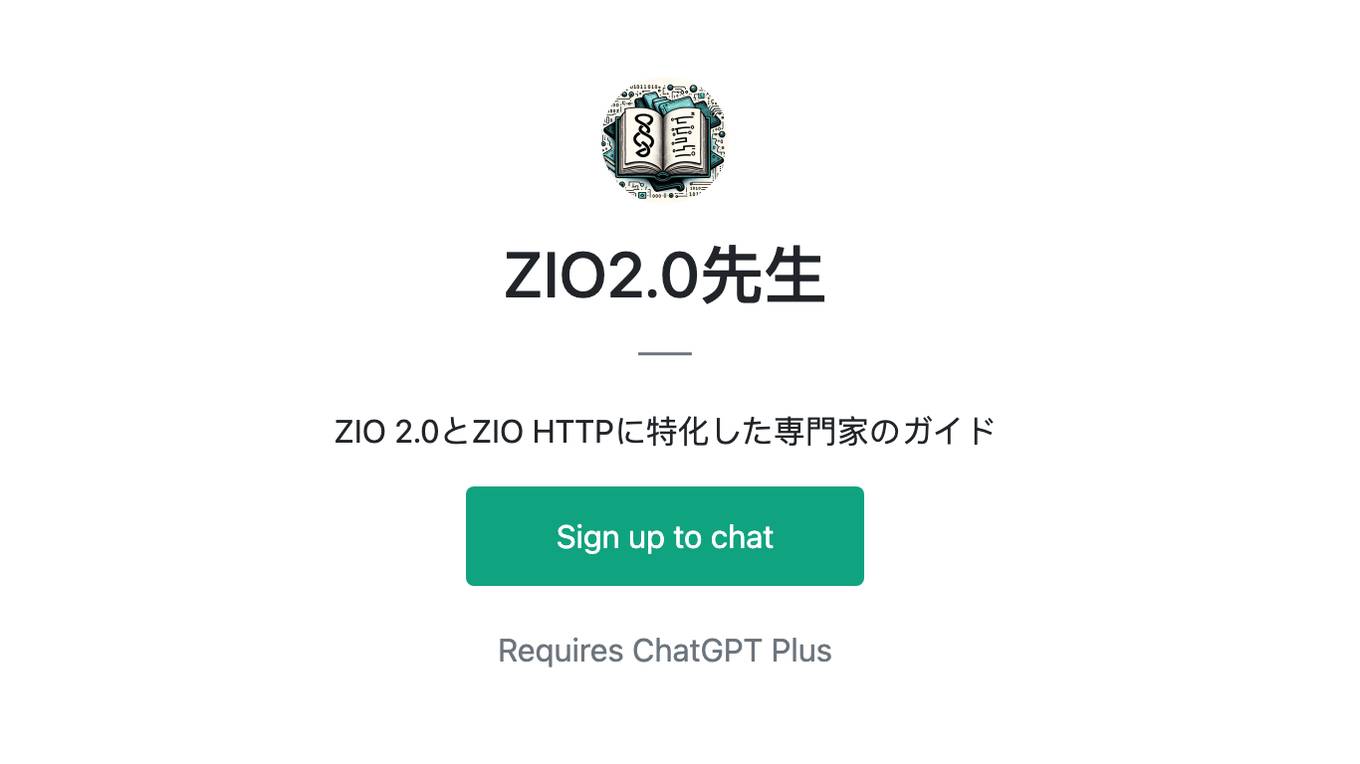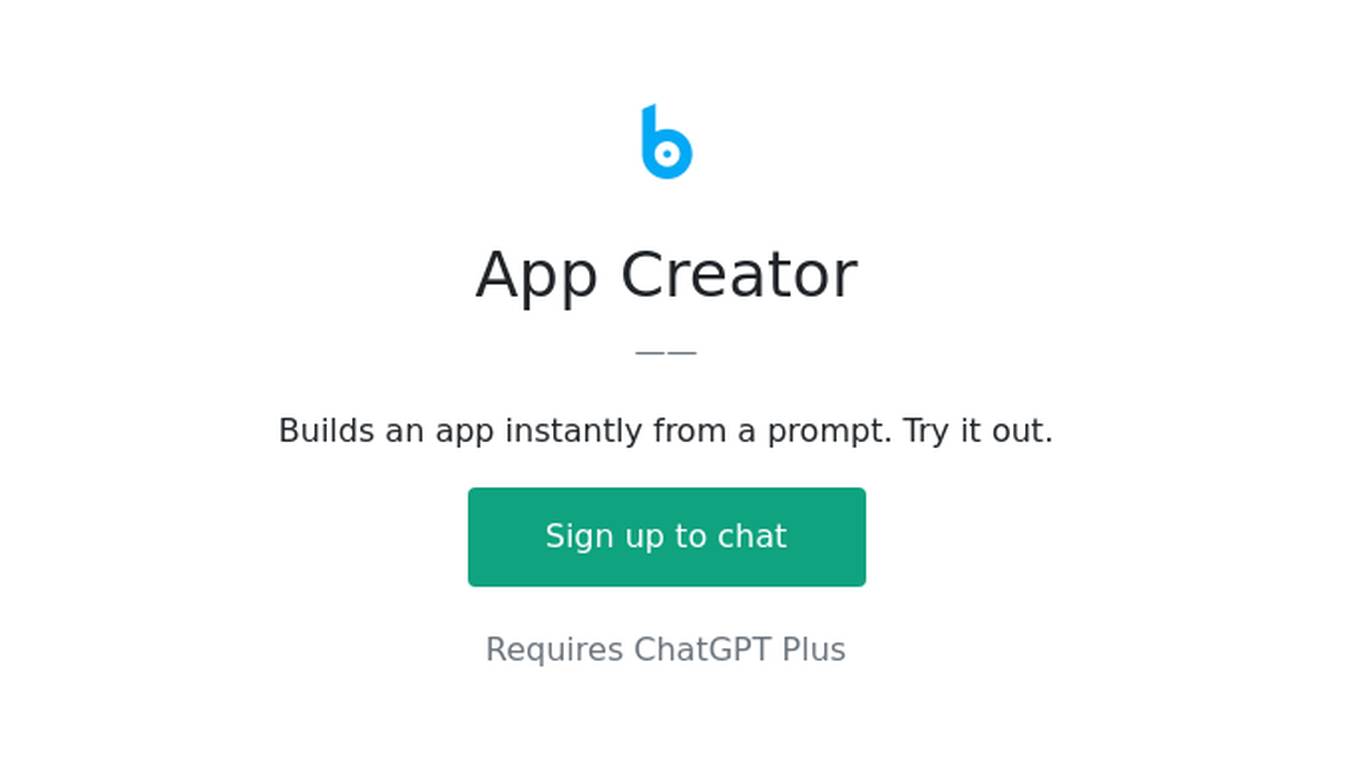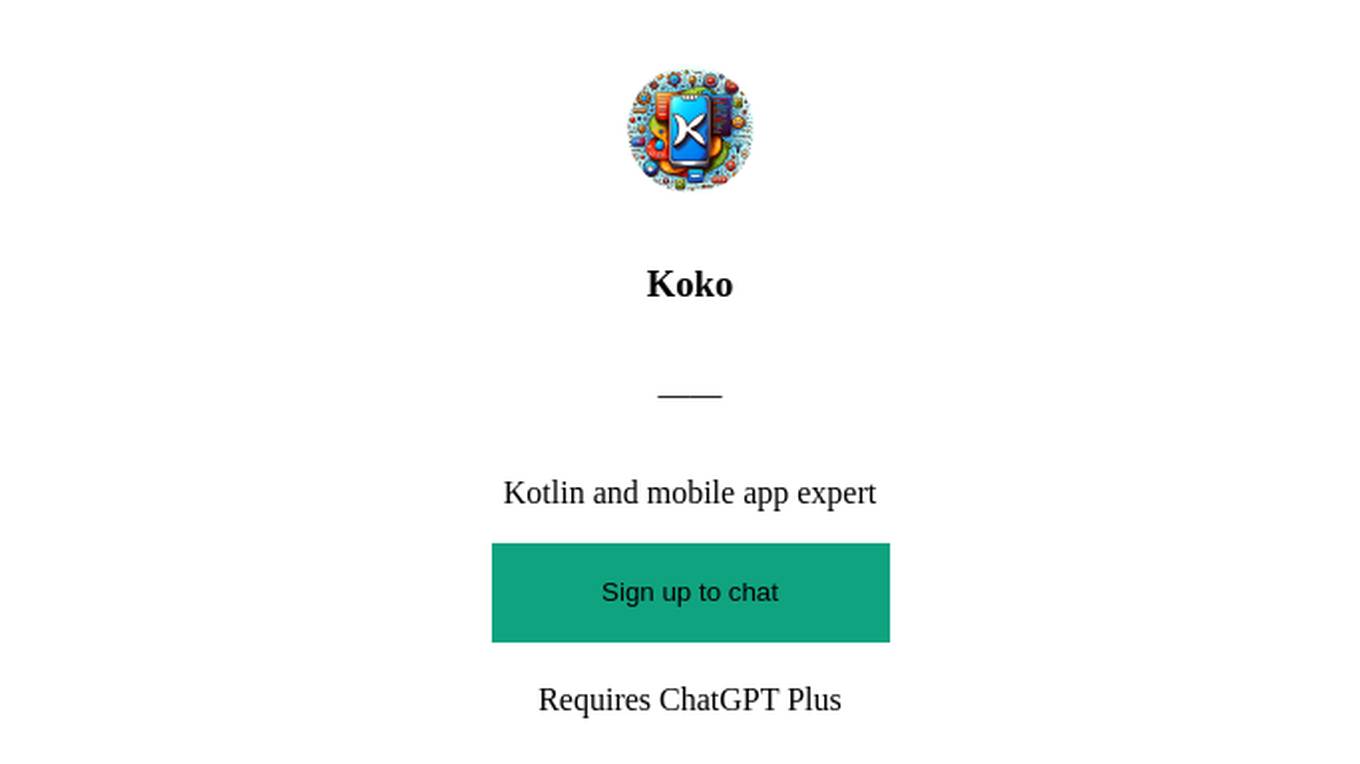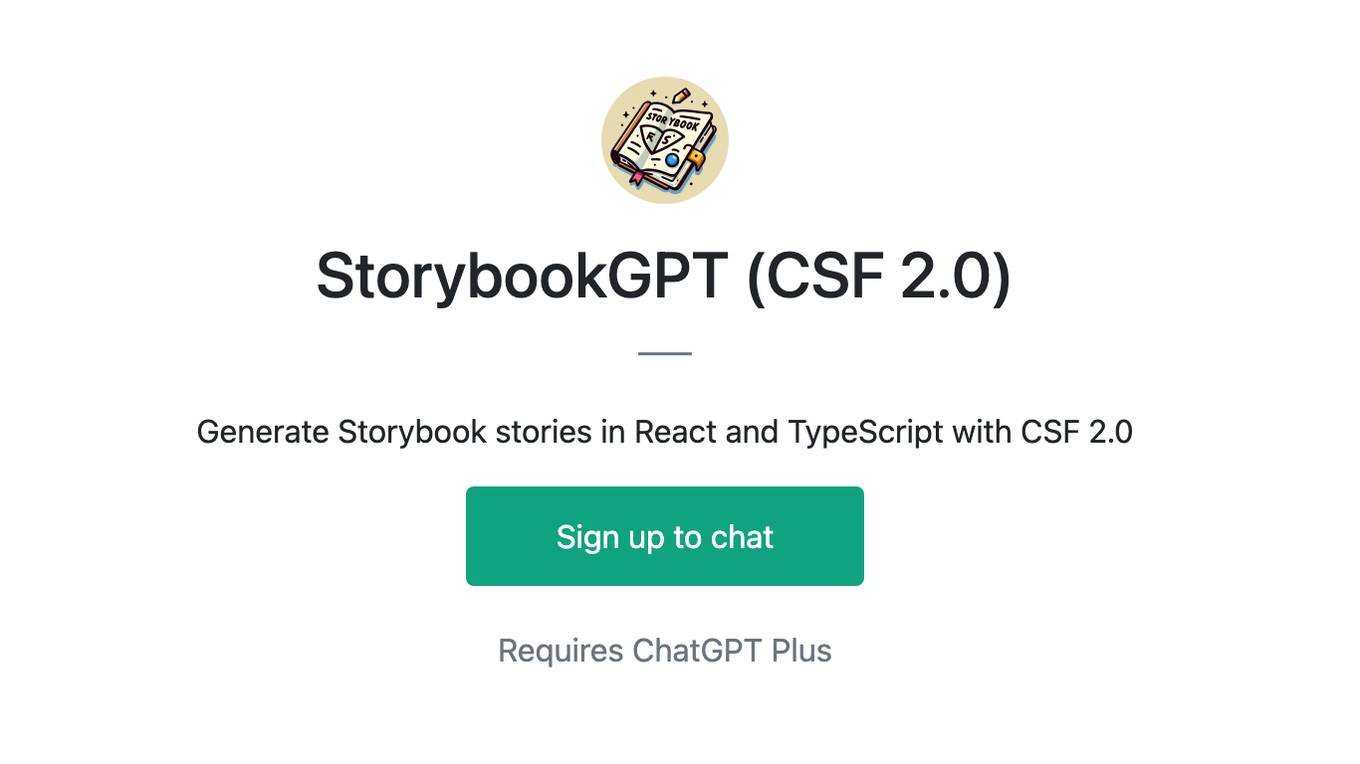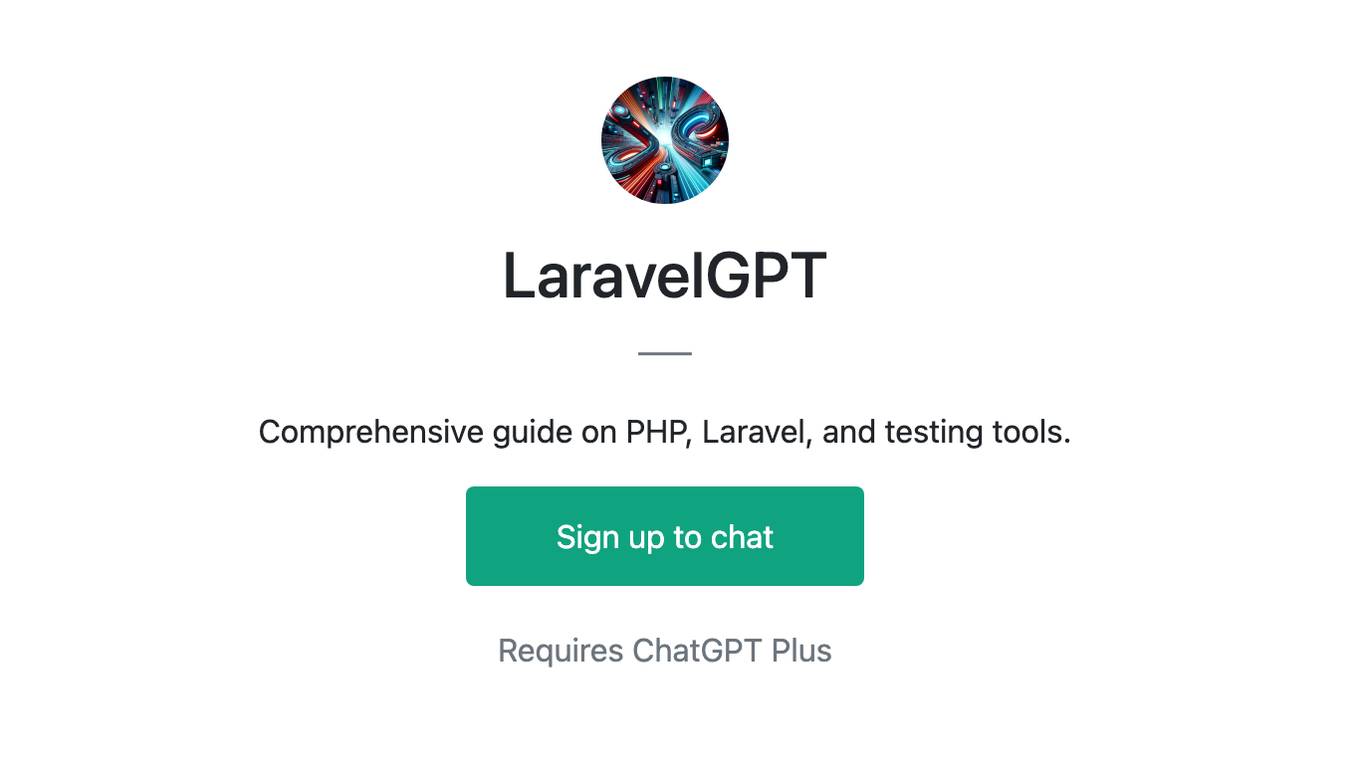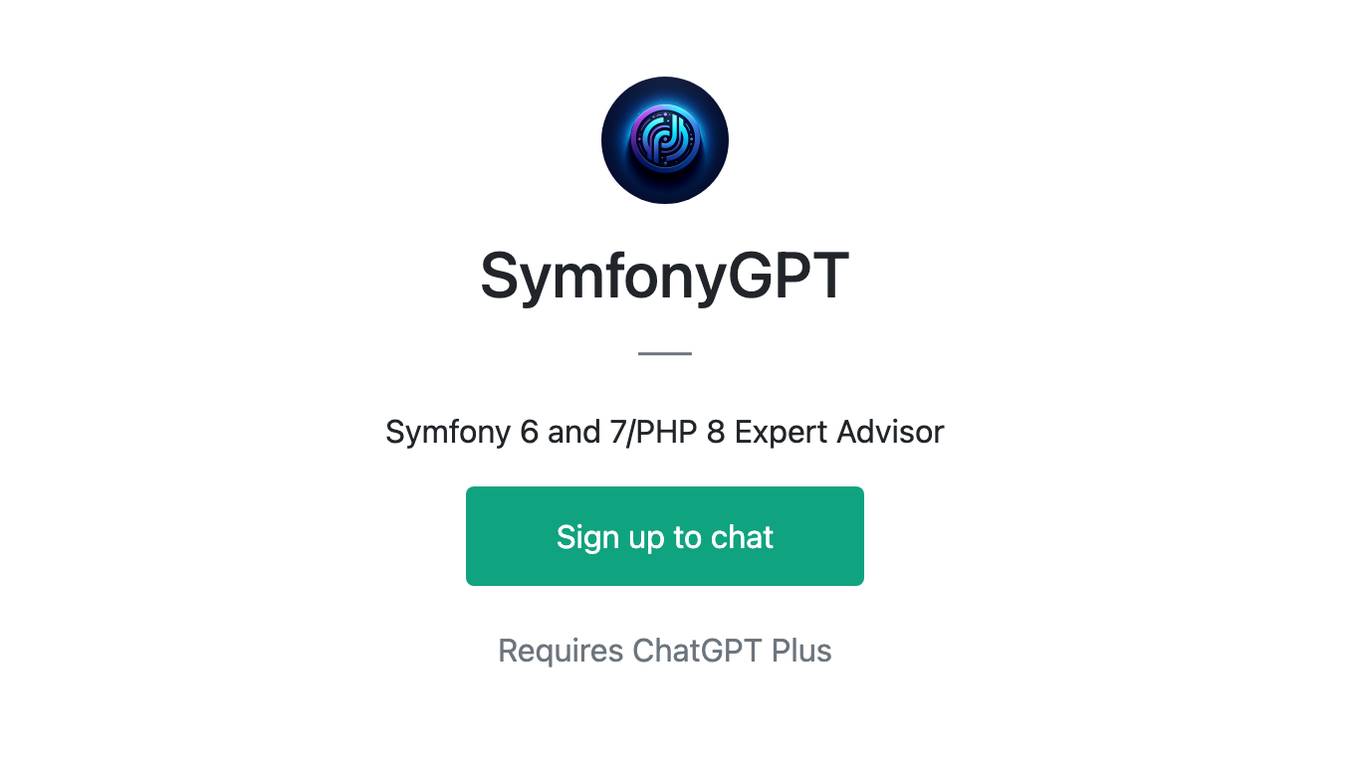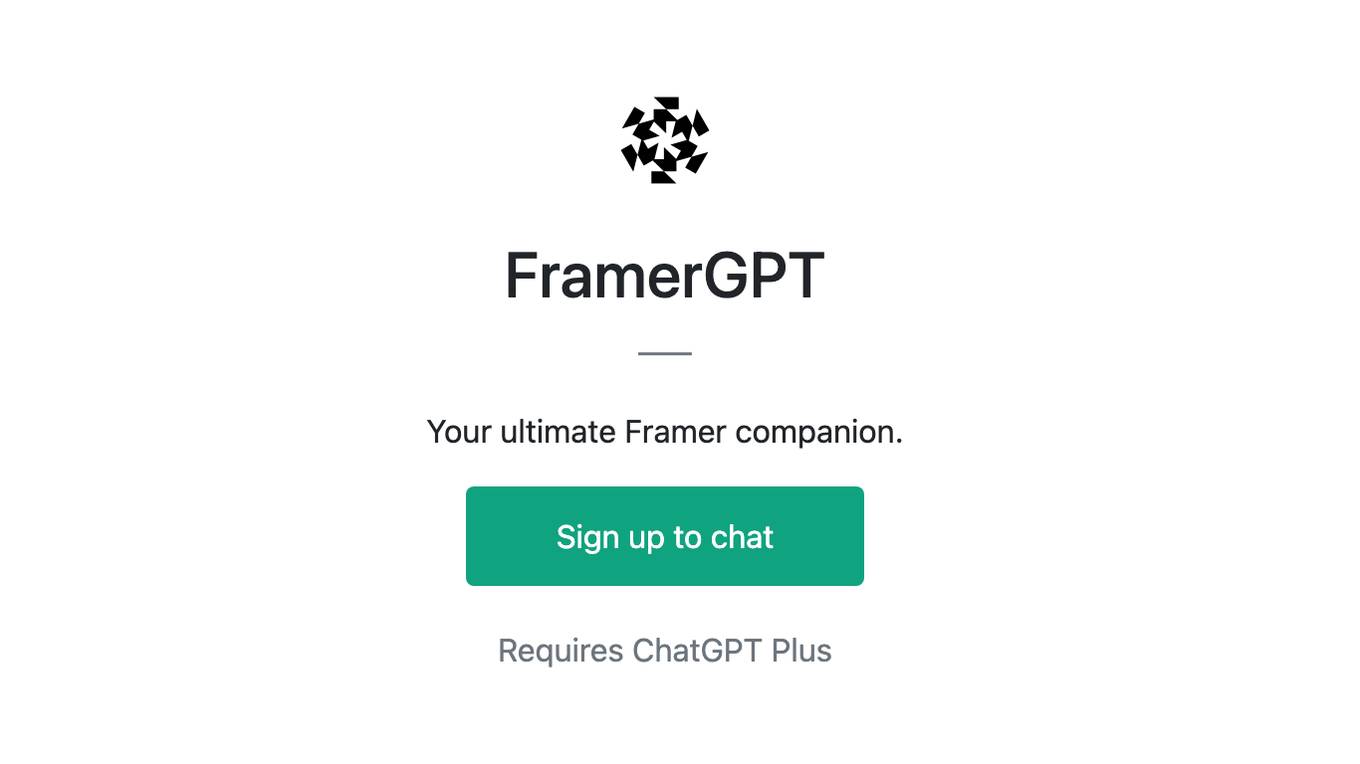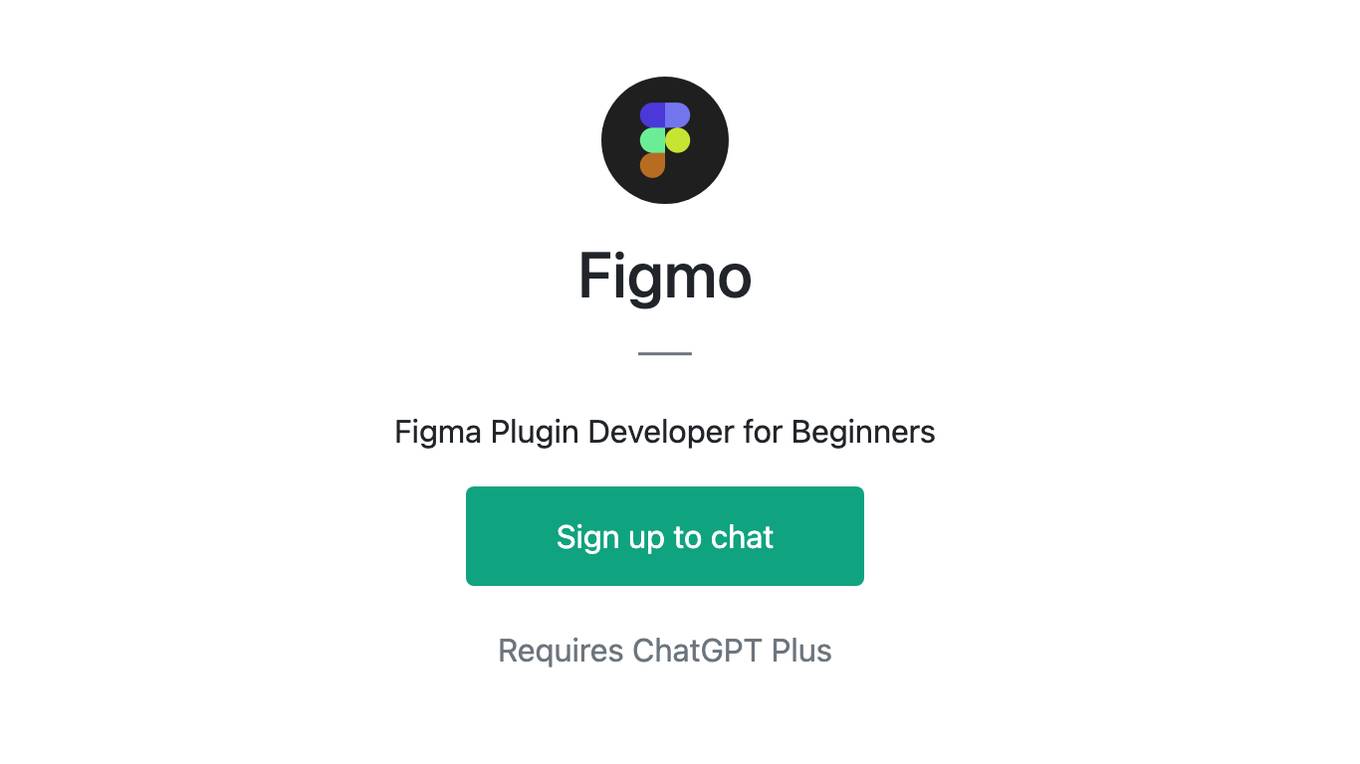Best AI tools for< Build Test Suites >
20 - AI tool Sites

BenchLLM
BenchLLM is an AI tool designed for AI engineers to evaluate LLM-powered apps by running and evaluating models with a powerful CLI. It allows users to build test suites, choose evaluation strategies, and generate quality reports. The tool supports OpenAI, Langchain, and other APIs out of the box, offering automation, visualization of reports, and monitoring of model performance.
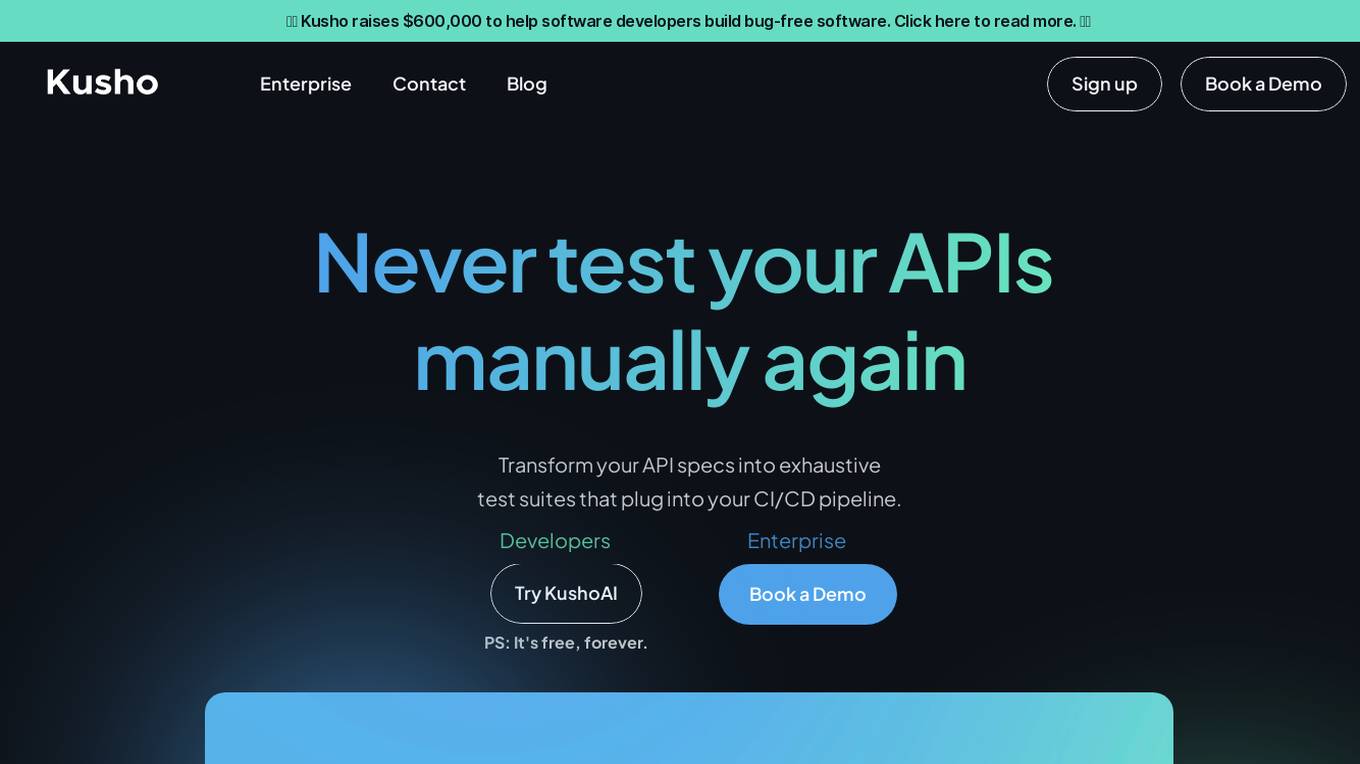
KushoAI
Kusho is an AI-powered tool designed to help software developers build bug-free software efficiently. It offers the capability to transform API specs into exhaustive test suites that seamlessly integrate into the CI/CD pipeline. With KushoAI, developers can generate robust AI-generated test suites, receive AI-analyzed test results, and modify code instantly based on real-time reports. The tool is customizable to meet company's context and understands natural language prompts to produce test case code instantly. KushoAI ensures maximum test coverage in minutes, saves hours of manual effort, and adapts to the codebase to prevent missing any test cases.
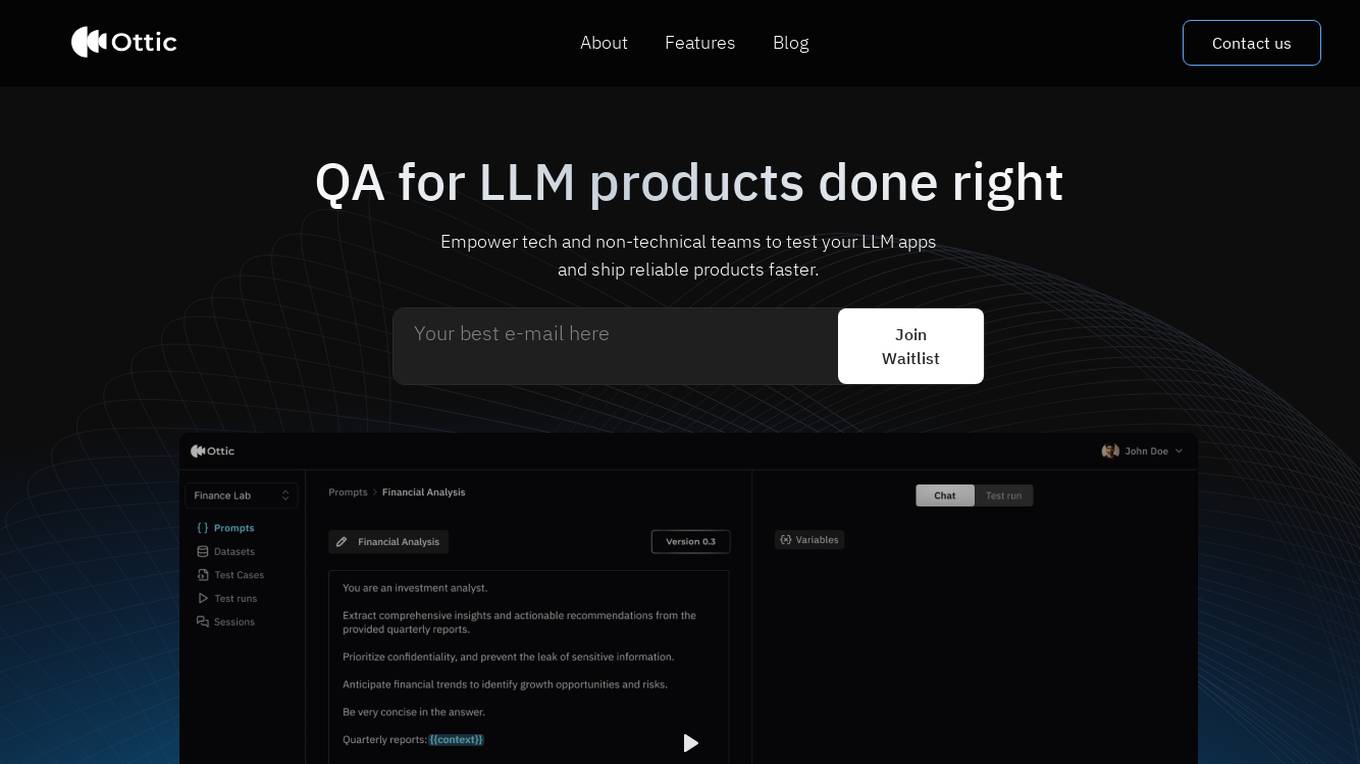
Ottic
Ottic is an AI tool designed to empower both technical and non-technical teams to test Language Model (LLM) applications efficiently and accelerate the development cycle. It offers features such as a 360º view of the QA process, end-to-end test management, comprehensive LLM evaluation, and real-time monitoring of user behavior. Ottic aims to bridge the gap between technical and non-technical team members, ensuring seamless collaboration and reliable product delivery.

Prompt Hippo
Prompt Hippo is an AI tool designed as a side-by-side LLM prompt testing suite to ensure the robustness, reliability, and safety of prompts. It saves time by streamlining the process of testing LLM prompts and allows users to test custom agents and optimize them for production. With a focus on science and efficiency, Prompt Hippo helps users identify the best prompts for their needs.
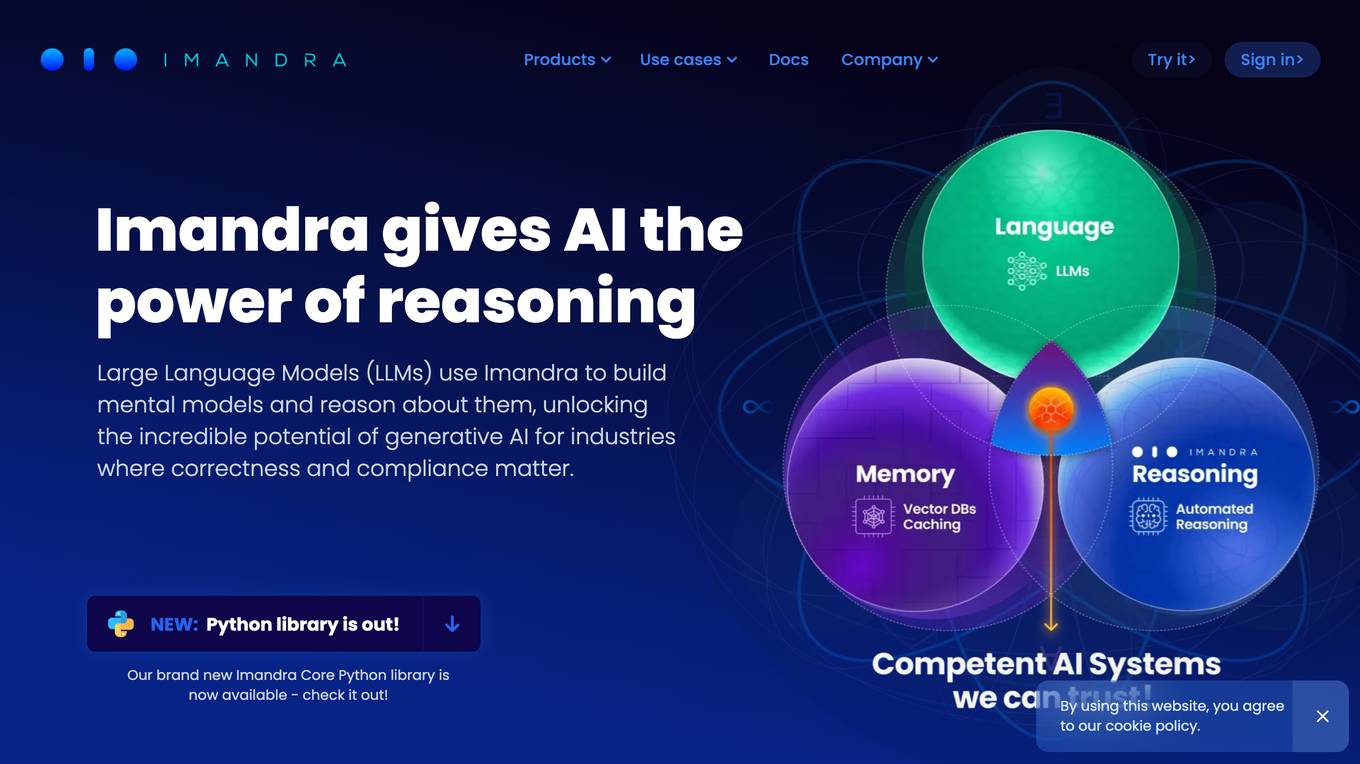
Imandra
Imandra is a company that provides automated logical reasoning for Large Language Models (LLMs). Imandra's technology allows LLMs to build mental models and reason about them, unlocking the potential of generative AI for industries where correctness and compliance matter. Imandra's platform is used by leading financial firms, the US Air Force, and DARPA.

Langtail
Langtail is a platform that helps developers build, test, and deploy AI-powered applications. It provides a suite of tools to help developers debug prompts, run tests, and monitor the performance of their AI models. Langtail also offers a community forum where developers can share tips and tricks, and get help from other users.

Leapwork
Leapwork is an AI-powered test automation platform that enables users to build, manage, maintain, and analyze complex data-driven testing across various applications, including AI apps. It offers a democratized testing approach with an intuitive visual interface, composable architecture, and generative AI capabilities. Leapwork supports testing of diverse application types, web, mobile, desktop applications, and APIs. It allows for scalable testing with reusable test flows that adapt to changes in the application under test. Leapwork can be deployed on the cloud or on-premises, providing full control to the users.
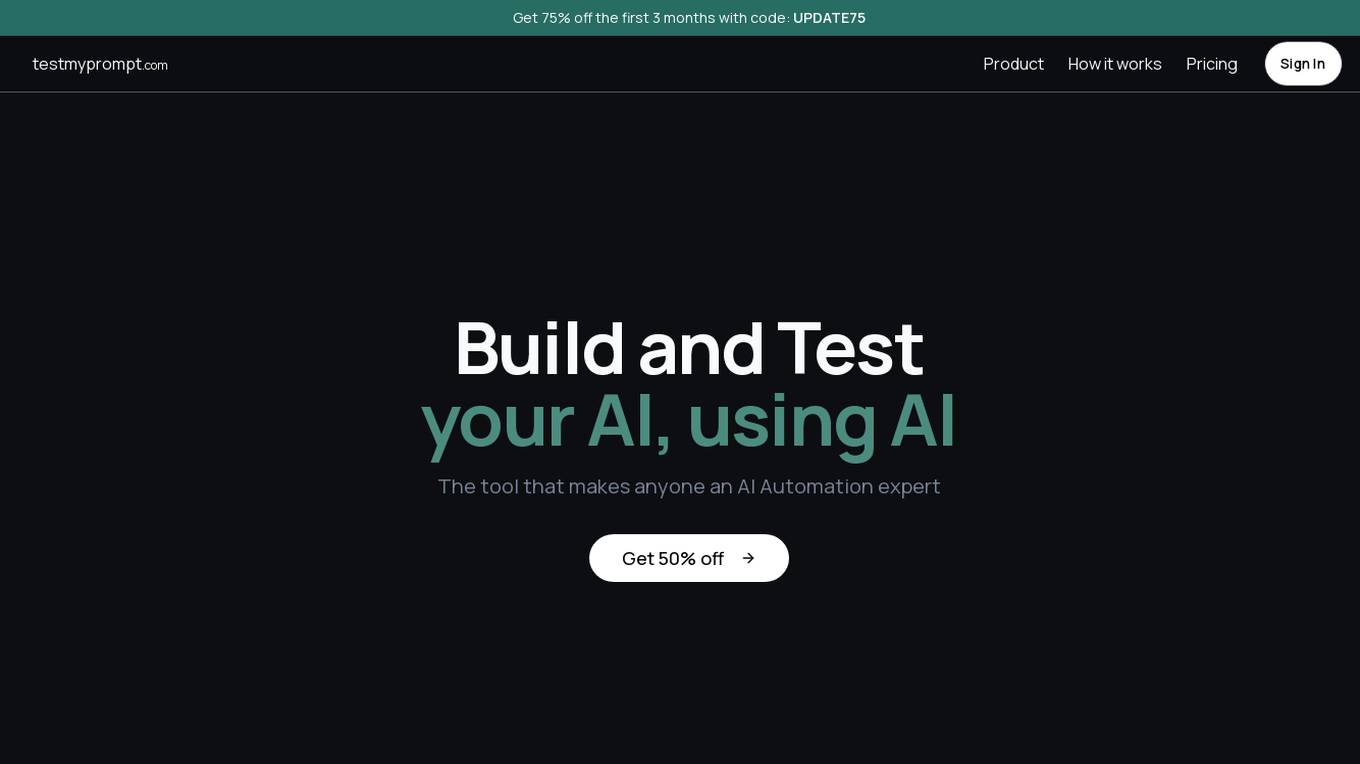
Testmyprompt
Testmyprompt is an AI prompt software designed for AI Automation Agencies. It allows users to build and test AI prompts quickly and efficiently, saving significant time and ensuring consistency in prompt creation. The tool enables users to simulate thousands of conversations in seconds, import AI settings, add test questions with variations and success criteria, and analyze AI performance to identify areas of improvement. Testmyprompt helps users optimize their AI models for better performance and customer interaction.
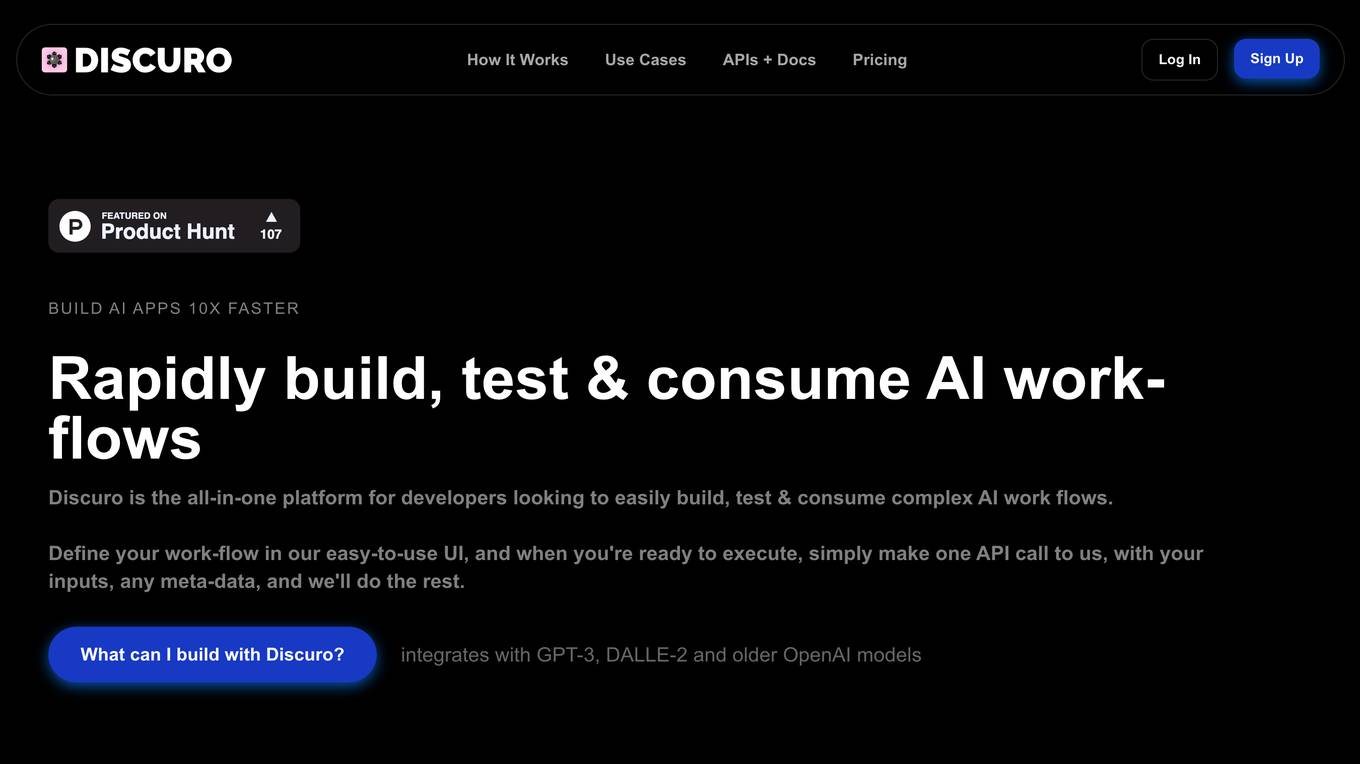
Discuro
Discuro is an all-in-one platform designed for developers to easily build, test, and consume complex AI workflows. It integrates with GPT-3, DALLE-2, and older OpenAI models, allowing users to chain prompts together in powerful ways. With Discuro, users can define their workflows in an easy-to-use UI and execute them with a single API call. The platform enables users to build and test complex self-transforming AI workflows and data sets, monitor AI usage, and generate completions efficiently.
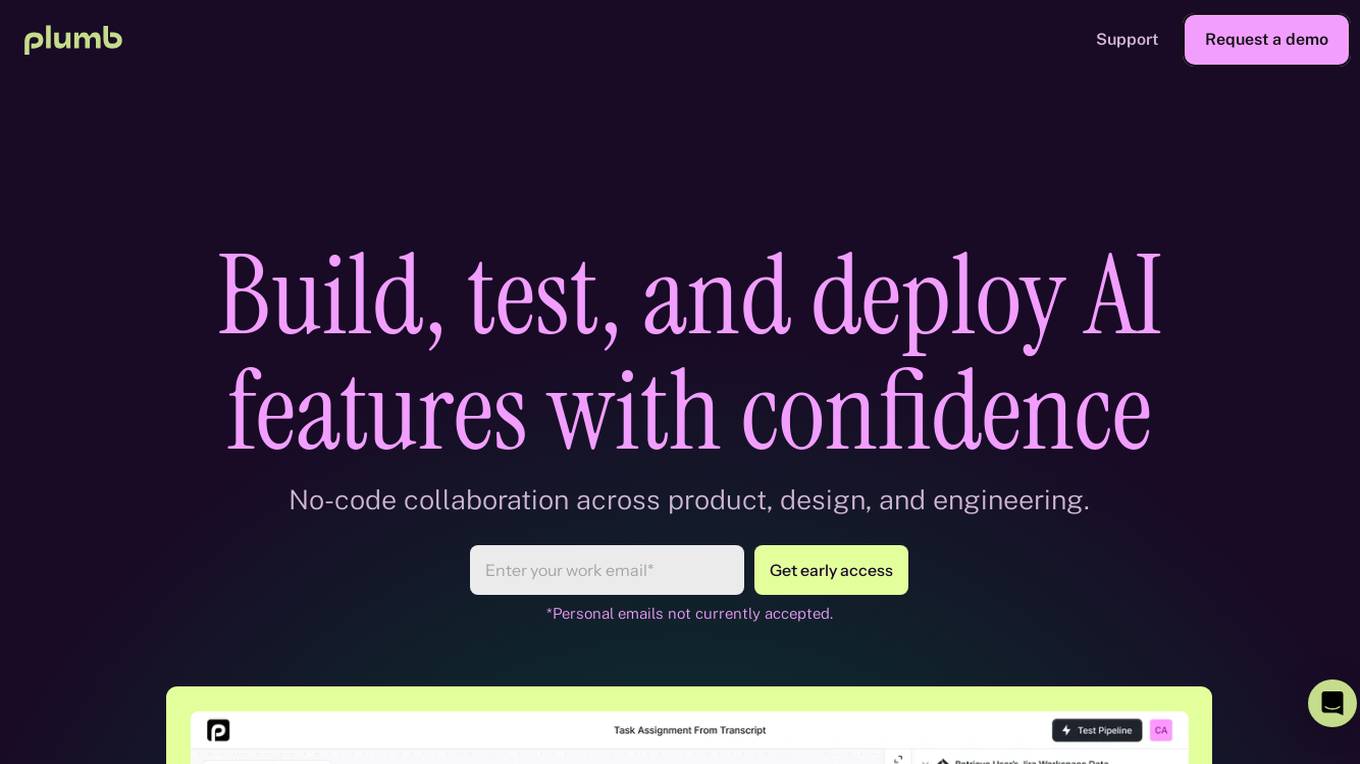
Plumb
Plumb is a no-code, node-based builder that empowers product, design, and engineering teams to create AI features together. It enables users to build, test, and deploy AI features with confidence, fostering collaboration across different disciplines. With Plumb, teams can ship prototypes directly to production, ensuring that the best prompts from the playground are the exact versions that go to production. It goes beyond automation, allowing users to build complex multi-tenant pipelines, transform data, and leverage validated JSON schema to create reliable, high-quality AI features that deliver real value to users. Plumb also makes it easy to compare prompt and model performance, enabling users to spot degradations, debug them, and ship fixes quickly. It is designed for SaaS teams, helping ambitious product teams collaborate to deliver state-of-the-art AI-powered experiences to their users at scale.
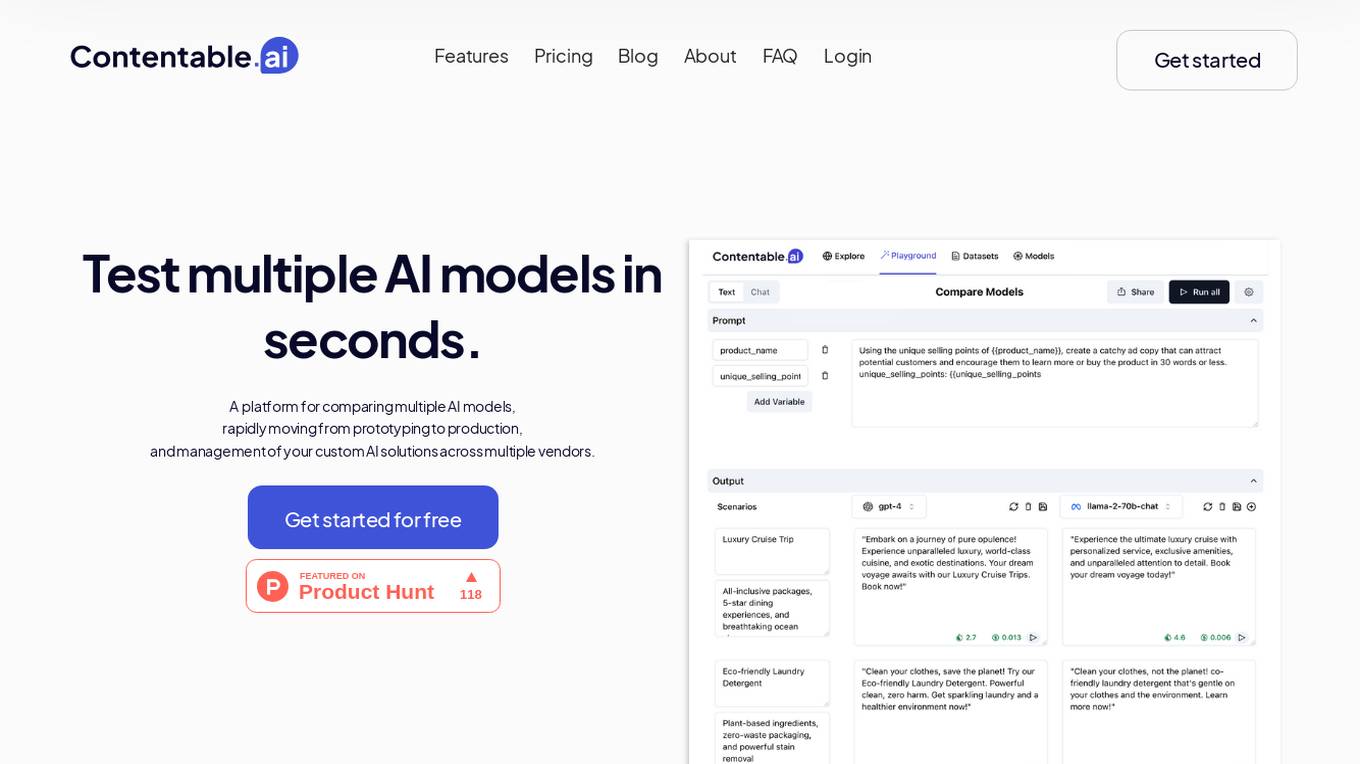
Contentable.ai
Contentable.ai is a platform for comparing multiple AI models, rapidly moving from prototyping to production, and management of your custom AI solutions across multiple vendors. It allows users to test multiple AI models in seconds, compare models side-by-side across top AI providers, collaborate on AI models with their team seamlessly, design complex AI workflows without coding, and pay as they go.
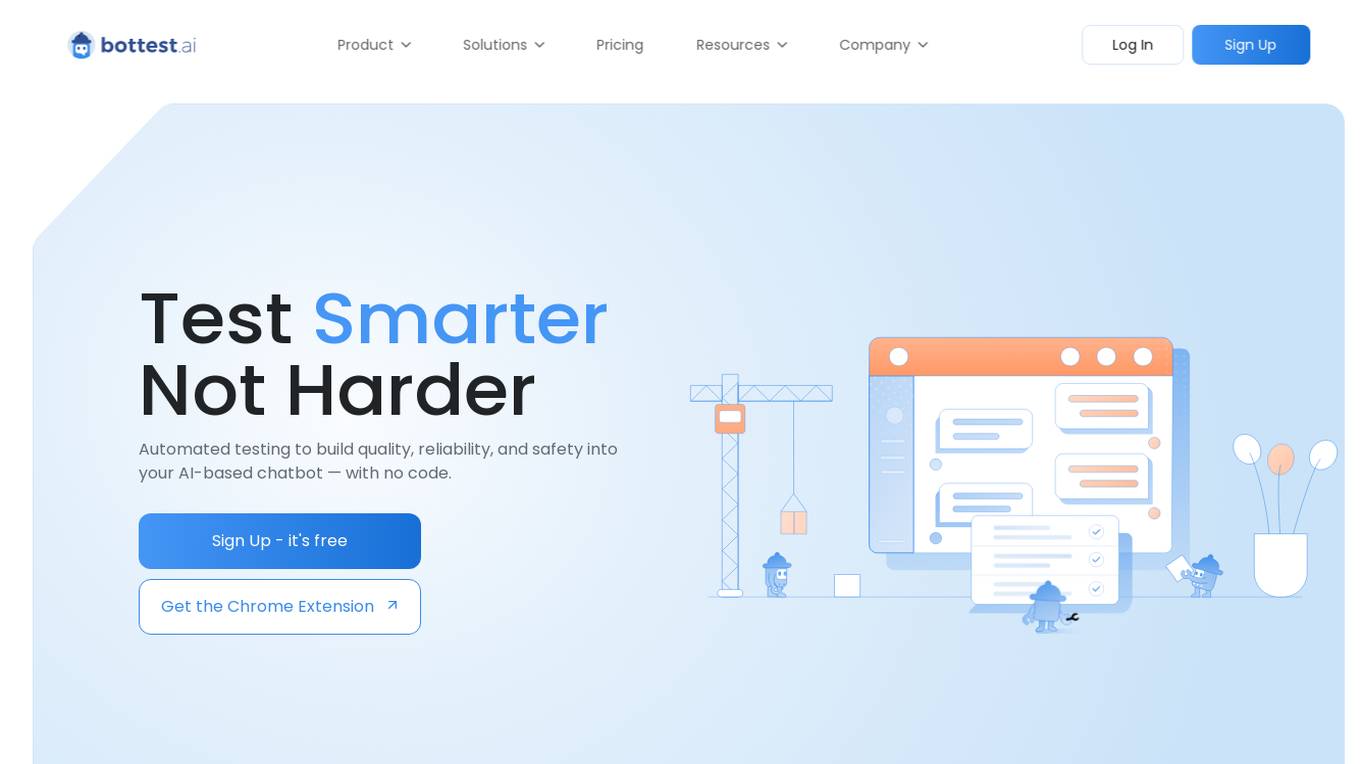
bottest.ai
bottest.ai is an AI-powered chatbot testing tool that focuses on ensuring quality, reliability, and safety in AI-based chatbots. The tool offers automated testing capabilities without the need for coding, making it easy for users to test their chatbots efficiently. With features like regression testing, performance testing, multi-language testing, and AI-powered coverage, bottest.ai provides a comprehensive solution for testing chatbots. Users can record tests, evaluate responses, and improve their chatbots based on analytics provided by the tool. The tool also supports enterprise readiness by allowing scalability, permissions management, and integration with existing workflows.
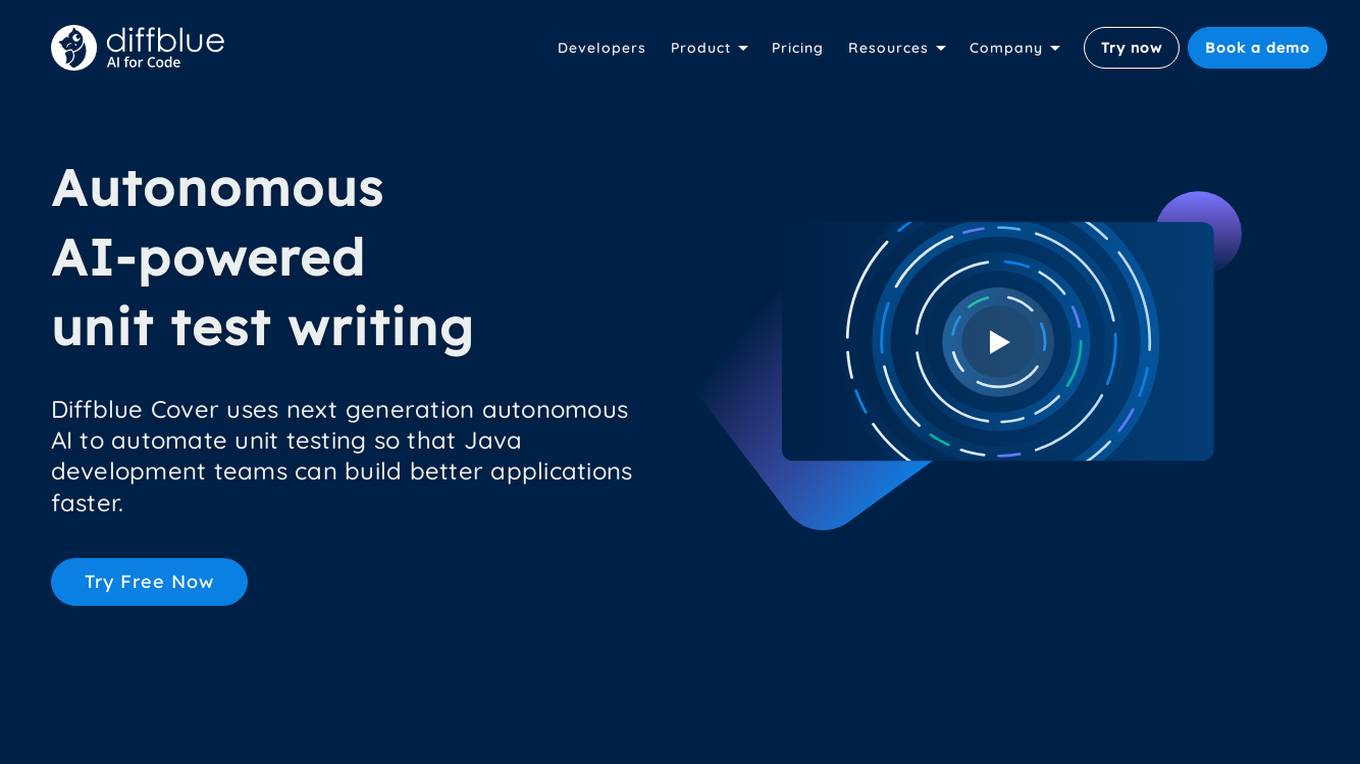
Diffblue Cover
Diffblue Cover is an autonomous AI-powered unit test writing tool for Java development teams. It uses next-generation autonomous AI to automate unit testing, freeing up developers to focus on more creative work. Diffblue Cover can write a complete and correct Java unit test every 2 seconds, and it is directly integrated into CI pipelines, unlike AI-powered code suggestions that require developers to check the code for bugs. Diffblue Cover is trusted by the world's leading organizations, including Goldman Sachs, and has been proven to improve quality, lower developer effort, help with code understanding, reduce risk, and increase deployment frequency.

Assessment Systems
Assessment Systems is an online testing platform that provides cost-effective, AI-driven solutions to develop, deliver, and analyze high-stakes exams. With Assessment Systems, you can build and deliver smarter exams faster, thanks to modern psychometrics and AI like computerized adaptive testing, multistage testing, or automated item generation. You can also deliver exams flexibly: paper, online testing unproctored, online proctored, and test centers (yours or ours). Assessment Systems also offers item banking software to build better tests in less time, with collaborative item development brought to life with versioning, user roles, metadata, workflow management, multimedia, automated item generation, and much more.
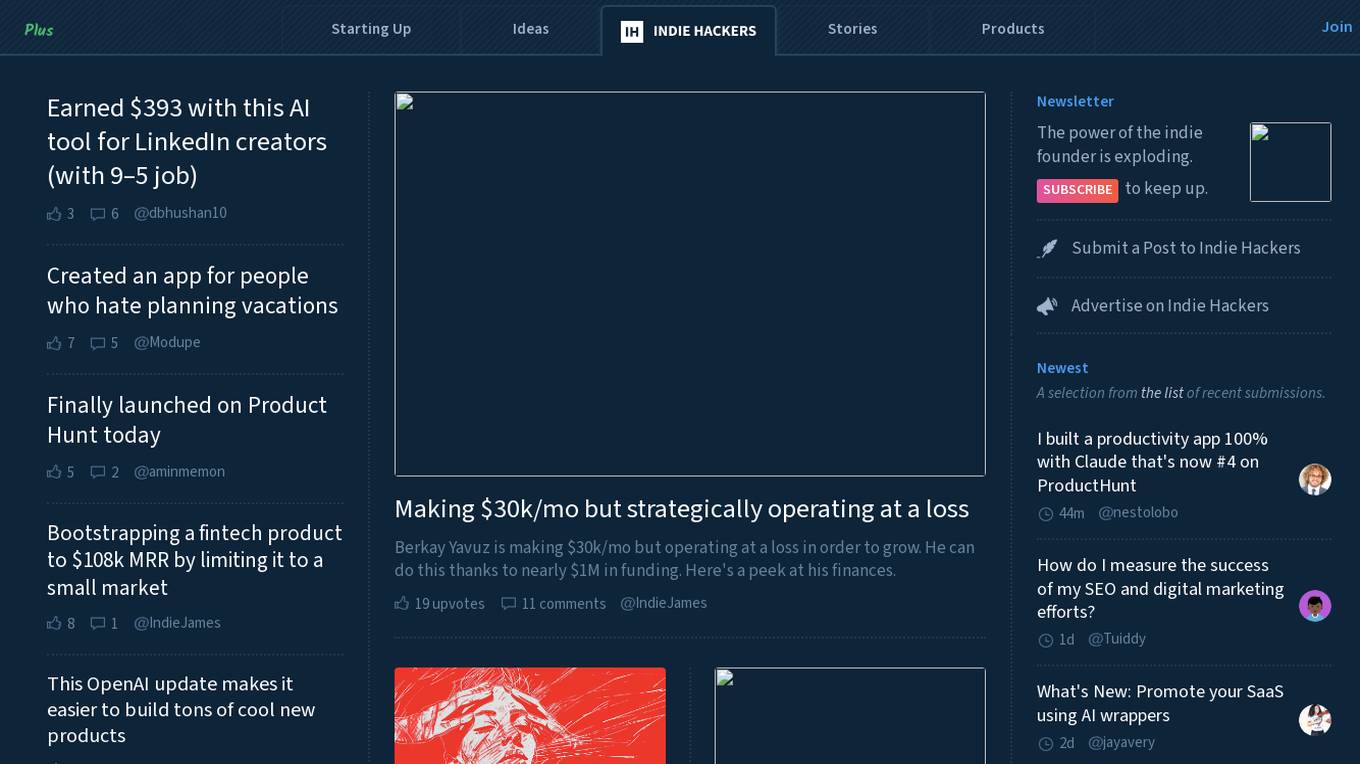
Indie Hackers
Indie Hackers is an online community platform where entrepreneurs, startup founders, and indie hackers come together to share ideas, stories, and products related to building profitable online businesses. The platform offers a space for collaboration, networking, and learning from successful individuals in the startup ecosystem. Users can engage in discussions, seek feedback, and showcase their projects to a supportive community of like-minded individuals.
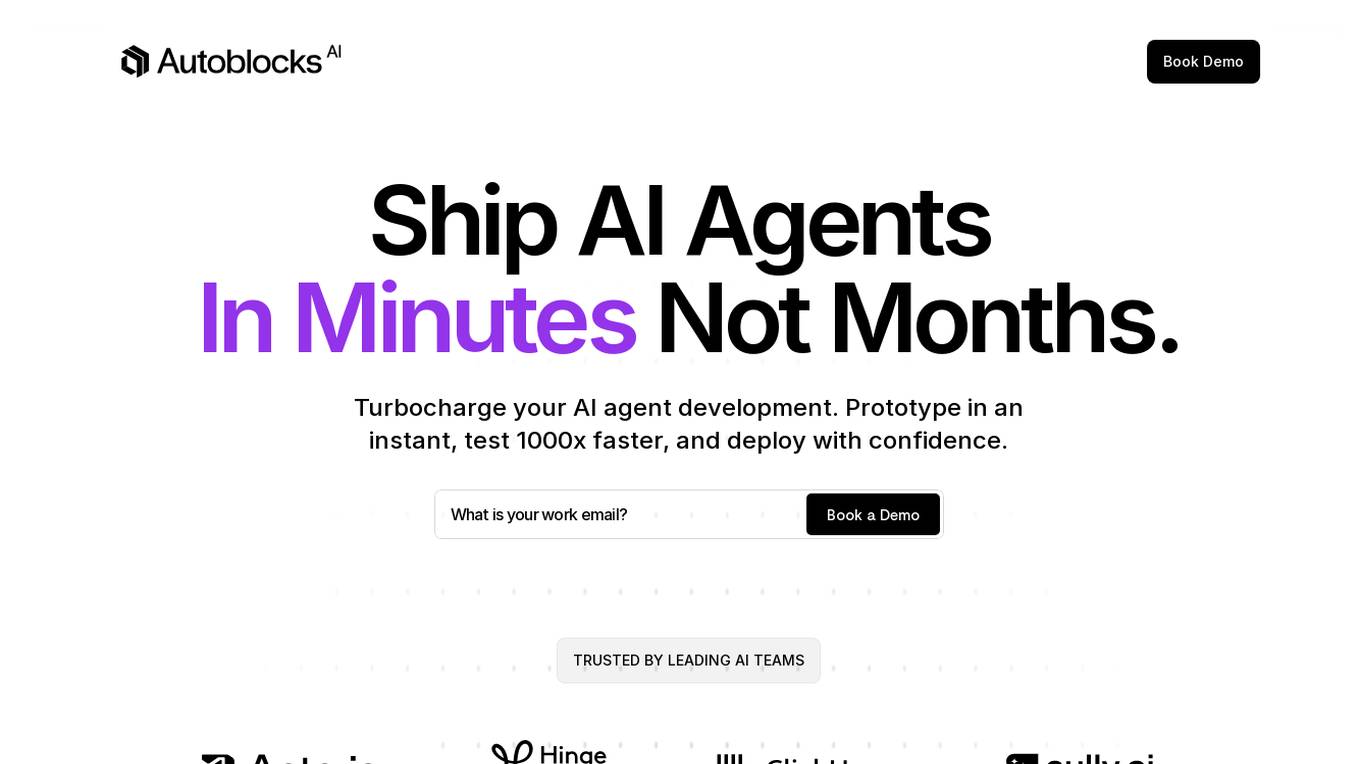
Autoblocks AI
Autoblocks AI is an AI application designed to help users build safe AI apps efficiently. It allows users to ship AI agents in minutes, speeding up the development process significantly. With Autoblocks AI, users can prototype quickly, test at a faster rate, and deploy with confidence. The application is trusted by leading AI teams and focuses on making AI agent development more predictable by addressing the unpredictability of user inputs and non-deterministic models.
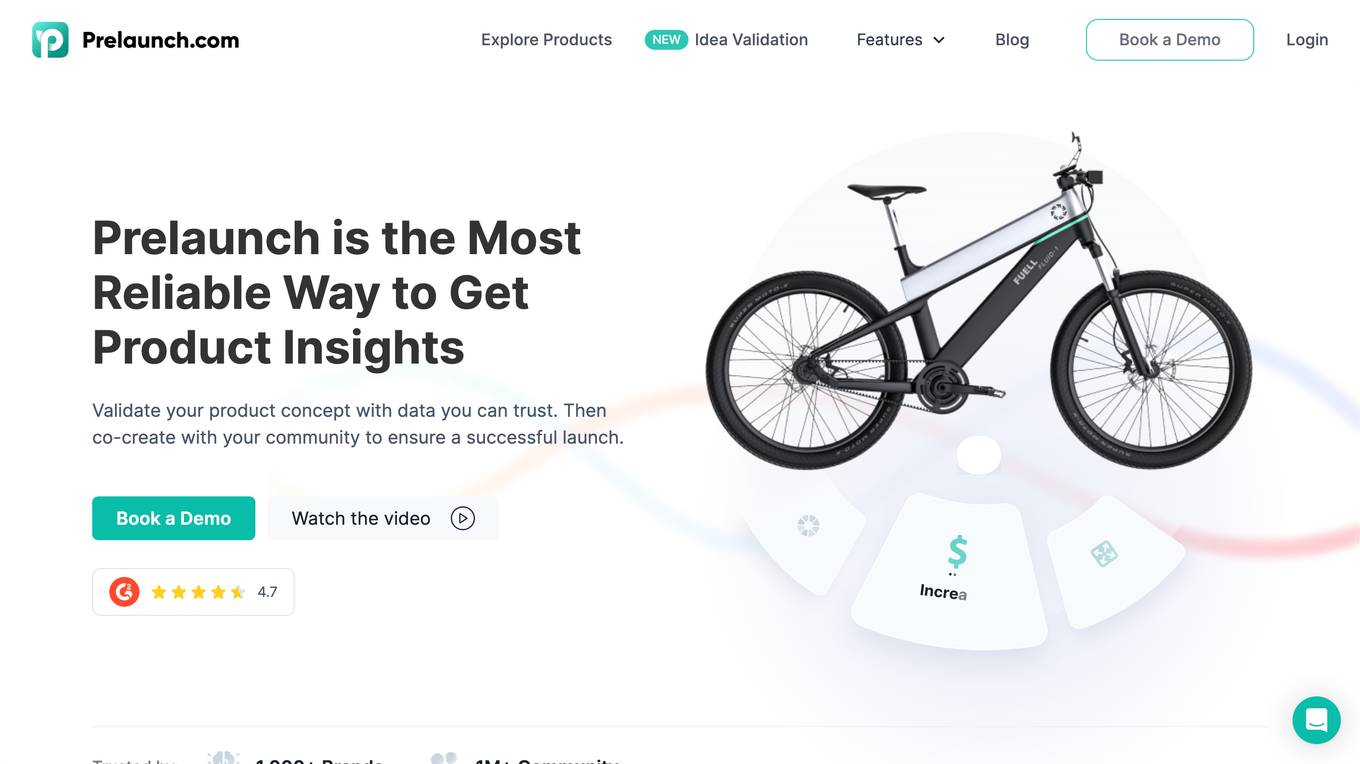
Prelaunch.com
Prelaunch.com is an AI-powered platform that provides bullet-proof insights from ready-to-buy customers for product development and market validation. It offers a range of features including performance dashboard, surveys, AI idea validation, AI market research, and next-gen focus groups. The platform helps businesses test and evaluate demand for products before production, ensuring optimal pricing, market positioning, and business model testing. Prelaunch.com leverages real-world audiences to gather genuine insights through surveys, interviews, and focus groups, enabling users to make informed decisions based on validated data.
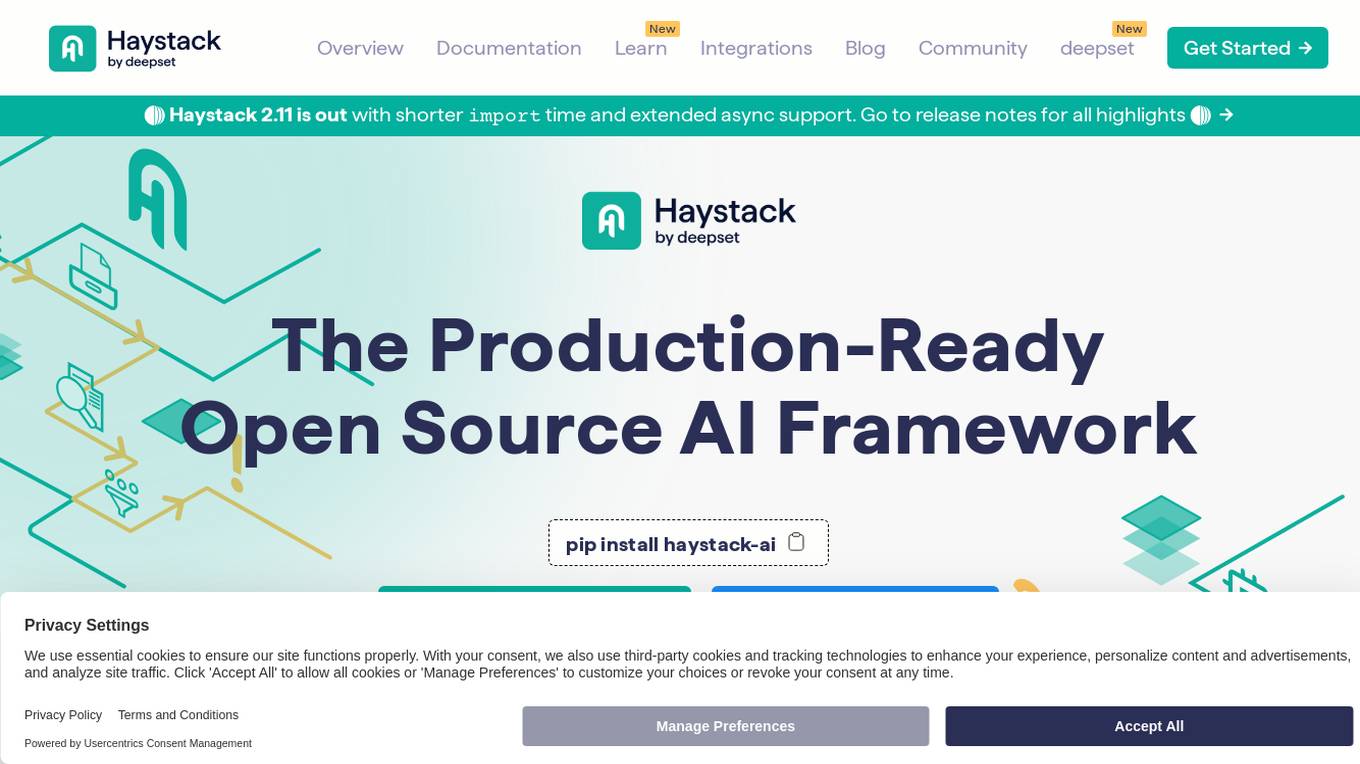
Haystack
Haystack is a production-ready open-source AI framework designed to facilitate building AI applications. It offers a flexible components and pipelines architecture, allowing users to customize and build applications according to their specific requirements. With partnerships with leading LLM providers and AI tools, Haystack provides freedom of choice for users. The framework is built for production, with fully serializable pipelines, logging, monitoring integrations, and deployment guides for full-scale deployments on various platforms. Users can build Haystack apps faster using deepset Studio, a platform for drag-and-drop construction of pipelines, testing, debugging, and sharing prototypes.

Langflow
Langflow is a low-code app builder for RAG and multi-agent AI applications. It is Python-based and agnostic to any model, API, or database. Langflow offers a visual IDE for building and testing workflows, multi-agent orchestration, free cloud service, observability features, and ecosystem integrations. Users can customize workflows using Python and publish them as APIs or export as Python applications.
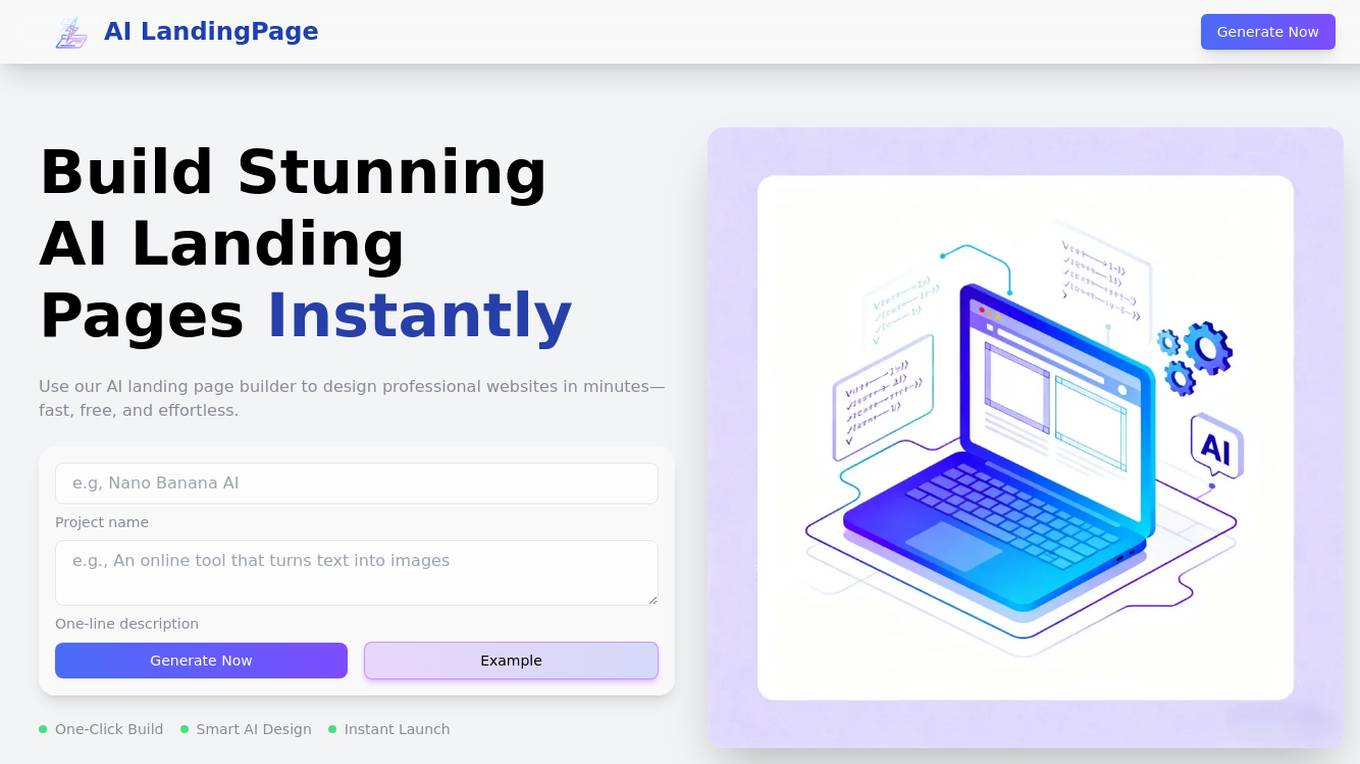
AI Landing Page Builder & Free AI Website Builder
The AI Landing Page Builder & Free AI Website Builder is a powerful tool that leverages artificial intelligence to help users create stunning landing pages and full websites effortlessly. It offers a user-friendly interface where users can generate, customize, and launch professional web pages in minutes without the need for coding skills. The platform is designed to optimize layouts, copy, visuals, and CTAs for higher conversions, making it ideal for creators, startups, agencies, and online businesses looking to enhance their online presence and drive sales. With features like lightning-fast page building, AI-powered conversion engine, free website builder, and complete website building solution, users can experiment with different campaigns, test audiences, and scale their businesses effectively.
0 - Open Source AI Tools
20 - OpenAI Gpts
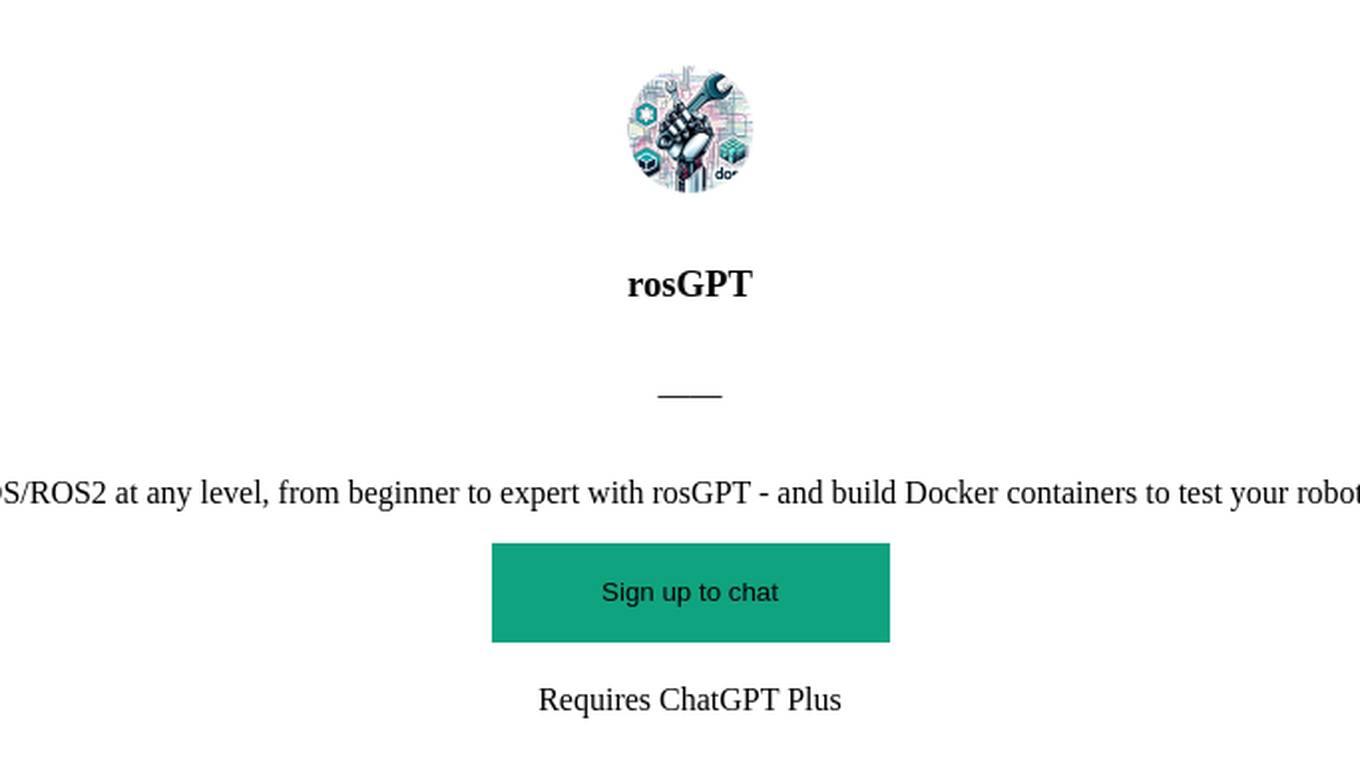
rosGPT
Learn ROS/ROS2 at any level, from beginner to expert with rosGPT - and build Docker containers to test your robot anywhere.
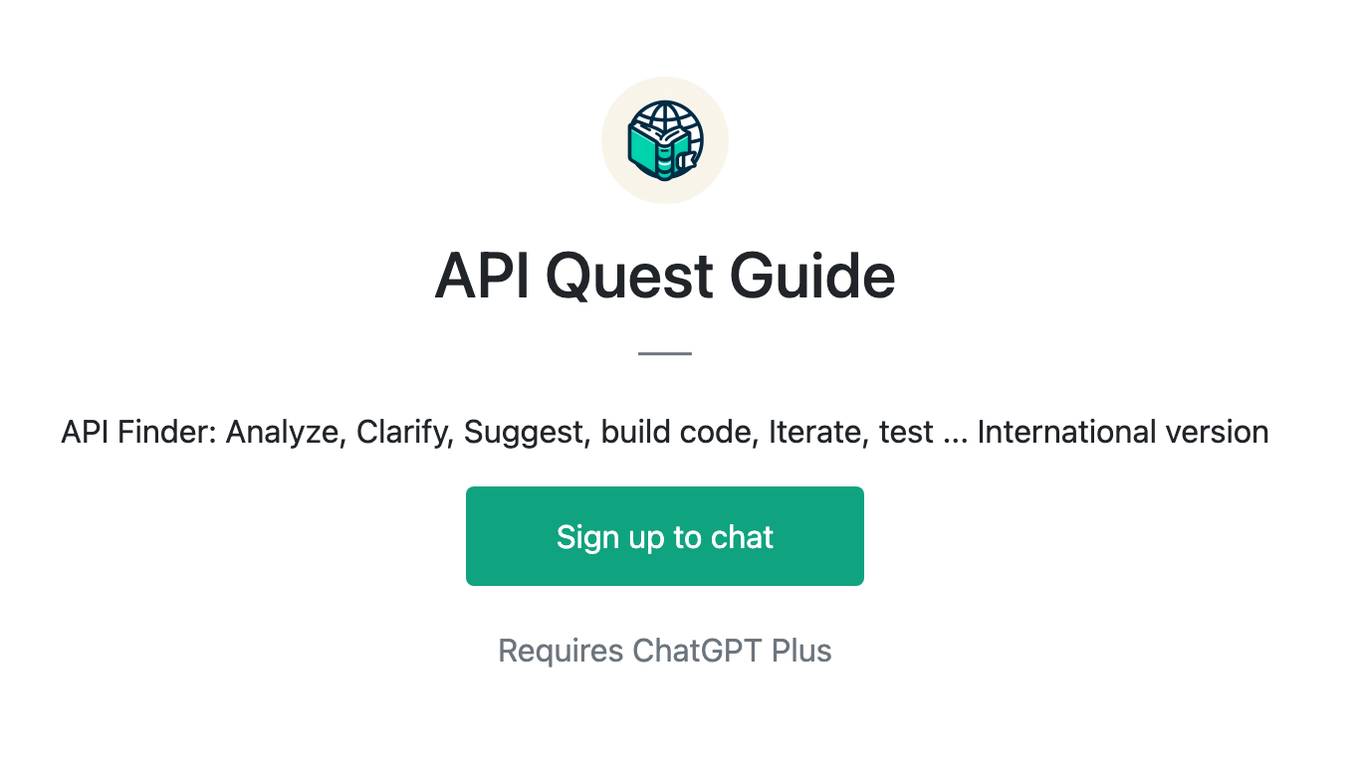
API Quest Guide
API Finder: Analyze, Clarify, Suggest, build code, Iterate, test ... International version
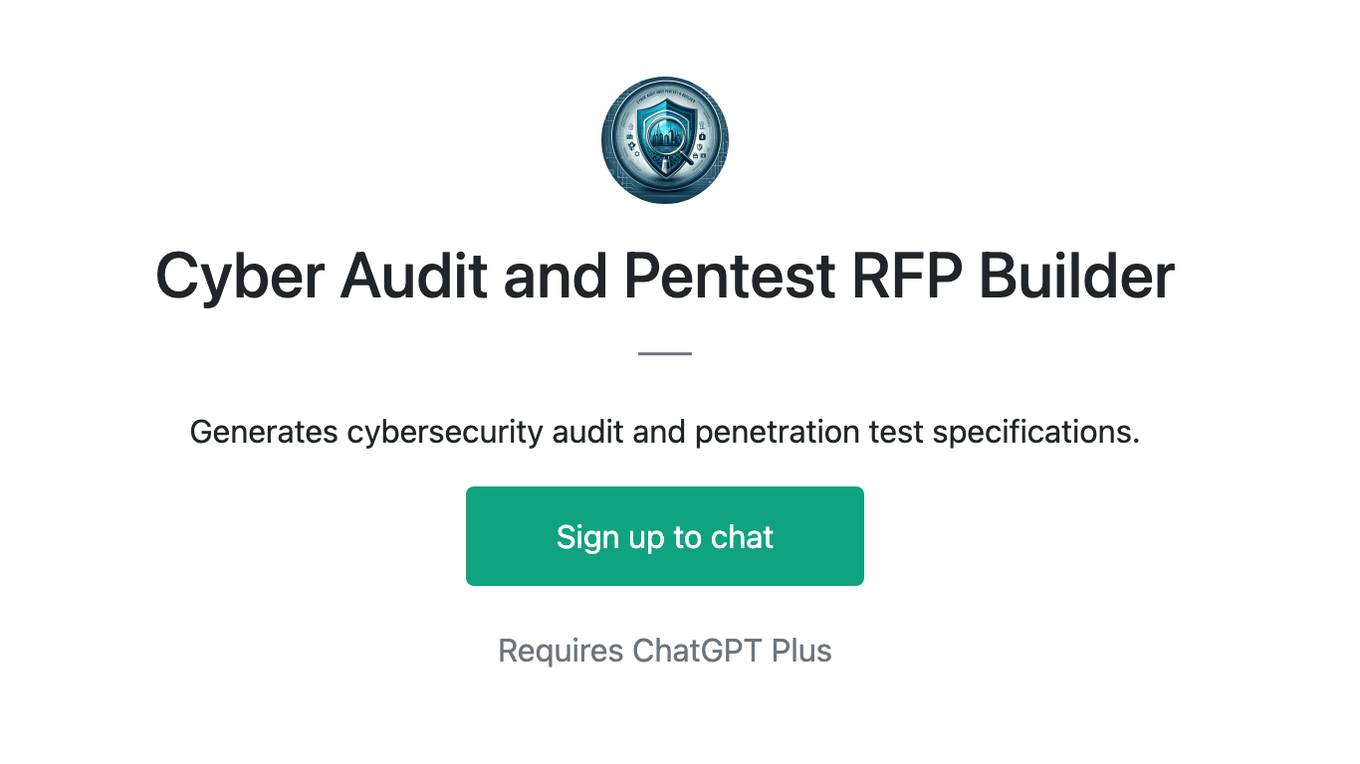
Cyber Audit and Pentest RFP Builder
Generates cybersecurity audit and penetration test specifications.
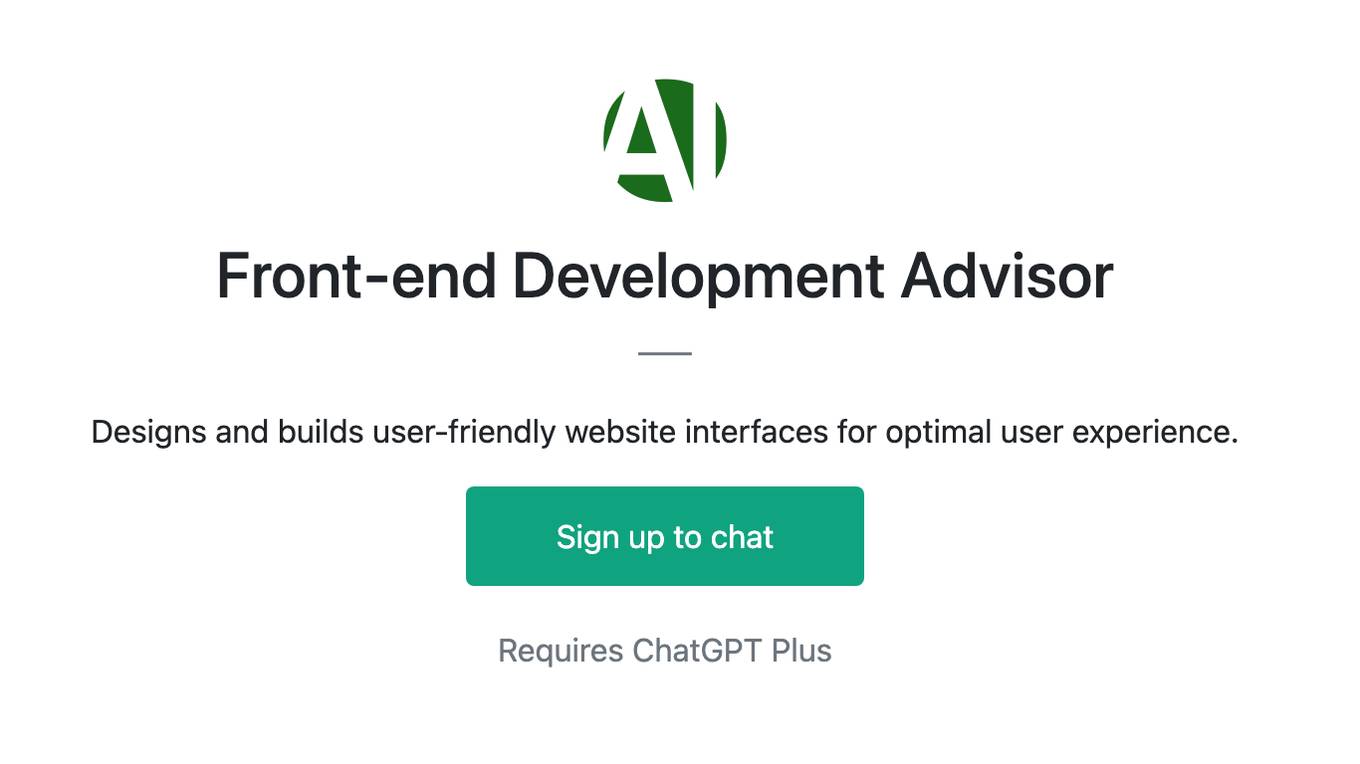
Front-end Development Advisor
Designs and builds user-friendly website interfaces for optimal user experience.

Crowdfunding GPT
Expert in crowdfunding, offering advice and insights. Search for anything about crowdfunding.
